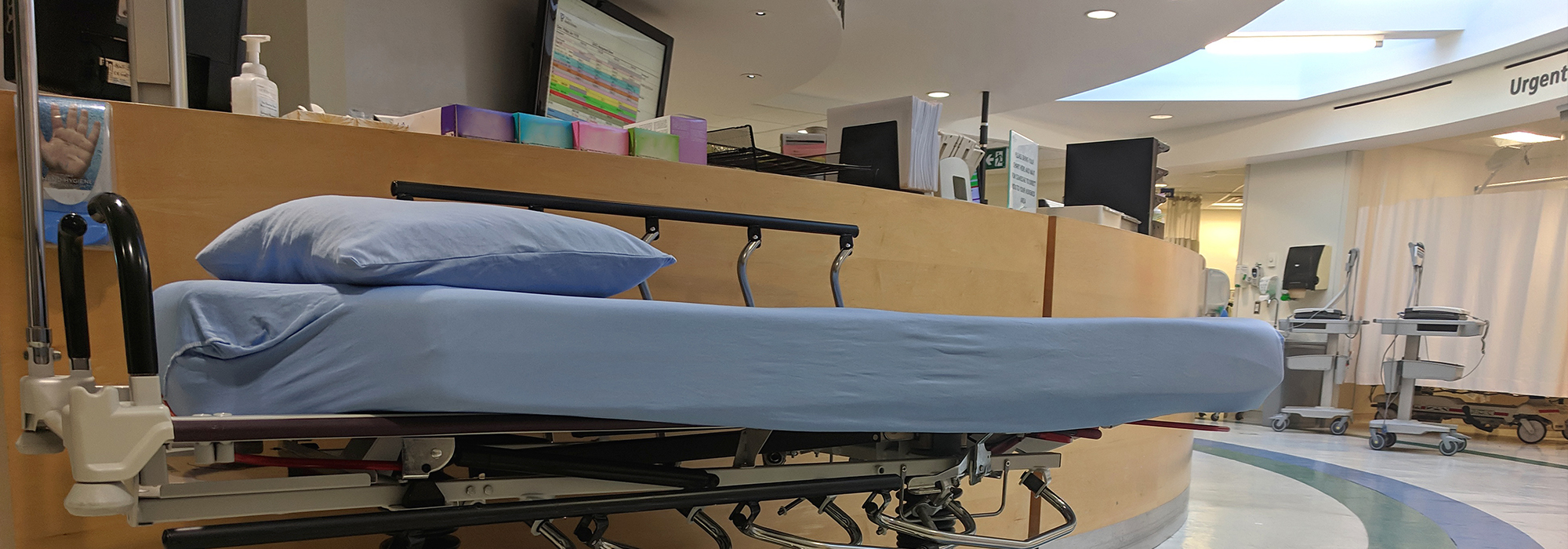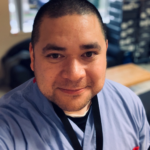Last Fall, Joyce Echaquan, an Indigenous woman, died in a Quebec hospital after posting videos online of the hospital staff insulting her. The tragedy was seen by many as the latest example of the systemic racism that Indigenous people often face when dealing with the Canadian health care system.
It’s not the first time systemic racism in health care has made the news or has been denounced by the public or by government officials. And yet it often seems as if things are improving very slowly or not at all. Why is that? What are some of the elements blocking or slowing down change? Whose responsibility is it to find and implement possible solutions?
To help us answer these questions and more, we’ve invited Dr. Alika Lafontaine to this week’s podcast. Alika Lafontaine is an Indigenous physician and the chair of the Governance Council of the Canadian Medical Association Journal.
Help us get to know you! Fill out our podcast listener survey here.
This podcast is part of the Identifying the Barriers to Racial Equality in Canada special feature.





